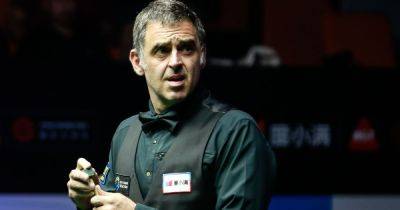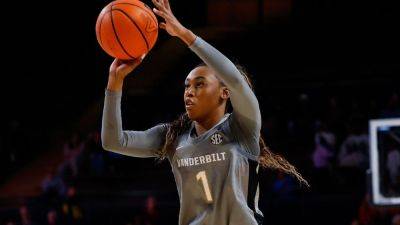Judge weighs $2.8B NCAA settlement amid objection filings - ESPN
Friday's deadline for filing objections to the nearly $2.8 billion NCAA antitrust settlement yielded more than a dozen legal challenges attacking the landmark deal. Four antitrust experts told ESPN the deal is still likely to be approved, but some objections have the potential to delay, reshape or derail it.
Any significant delay in the settlement could create a new wave of uncertainty and chaos for college athletic departments who have made plans to begin paying their athletes this summer. Many of the contracts athletes have already signed would allow the schools to back out of paying players if the settlement is not approved. Some states have passed laws that would clear the way for their schools to start paying players even if the settlement fails, which could give them an advantage in recruiting or retaining athletes.
The settlement would allow schools to directly pay their athletes moving forward and force the NCAA to pay back-damages to a group of more than 100,000 former and current athletes who claimed to be victims of antitrust violations. The large majority of those damages would be paid to football and men's basketball players.
The athletes and lawyers who filed objections in the last week raised concerns with several parts of the pending settlement, including:
• claims that future limits on how much schools can give to their athletes create a new illegal cap, violating the same laws that prompted these cases to be filed;
• claims that the $2.8 billion damages payout is too low and the formula used to distribute that money is unfair to women athletes, walk-on athletes and others;
• a clause that places a limit on team rosters could eliminate thousands of opportunities for athletes to play Division I sports in








